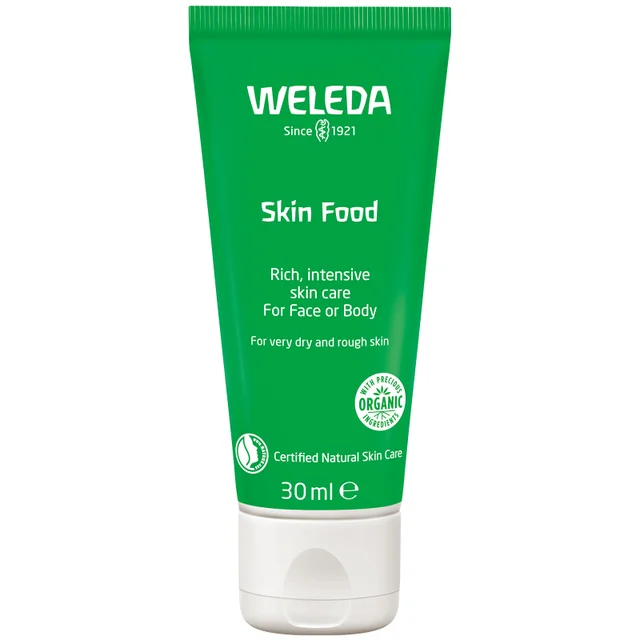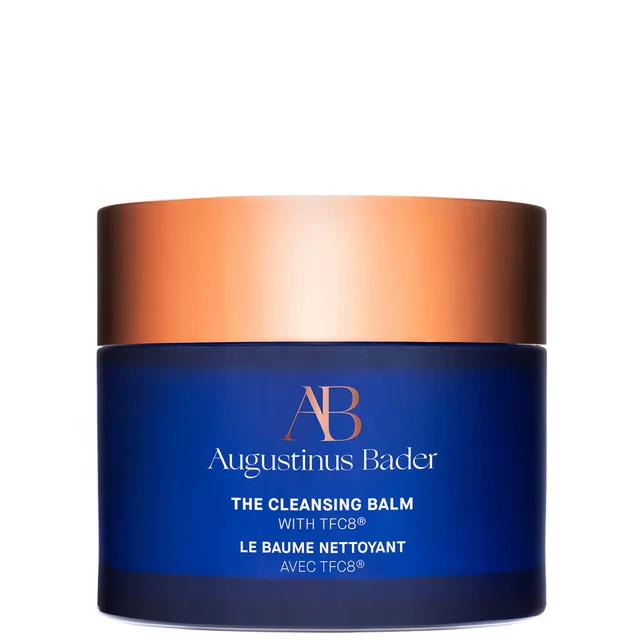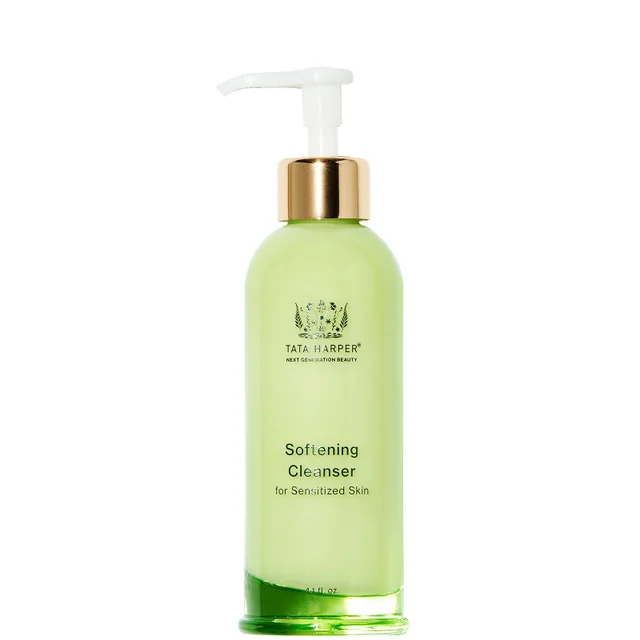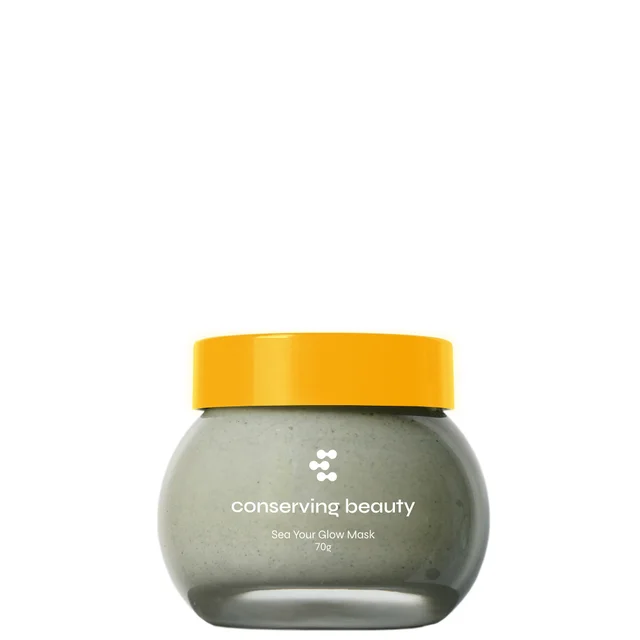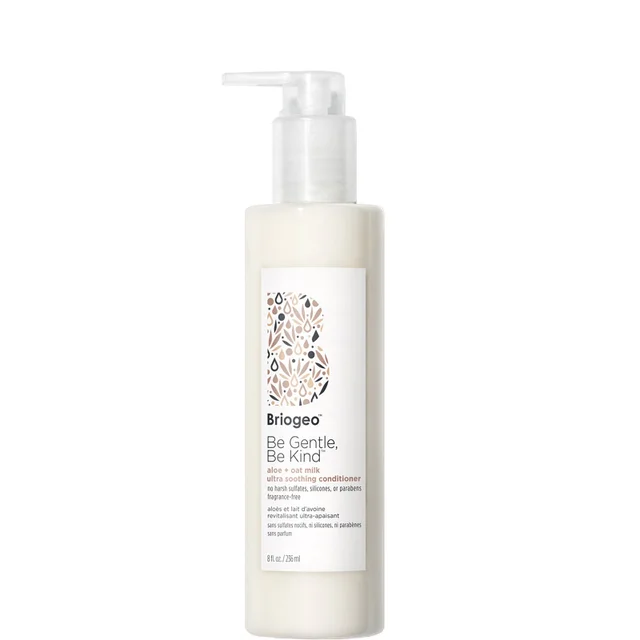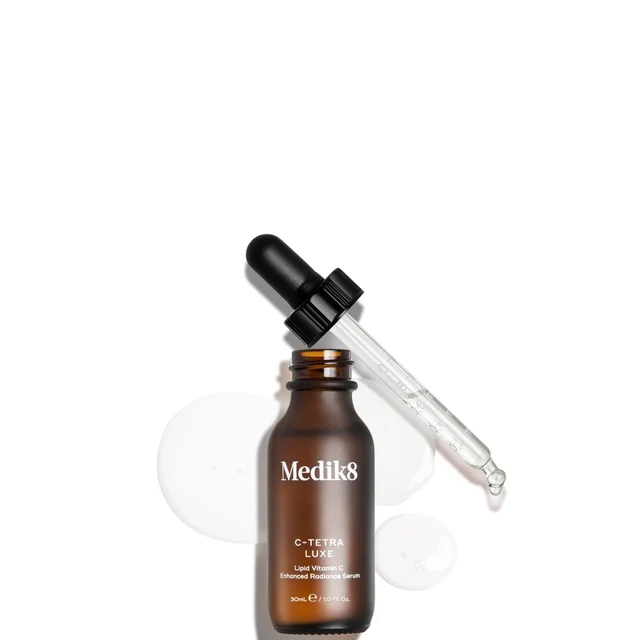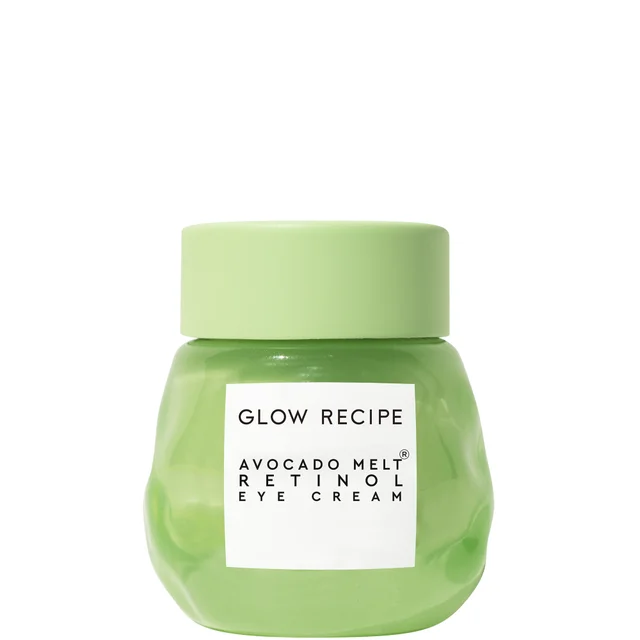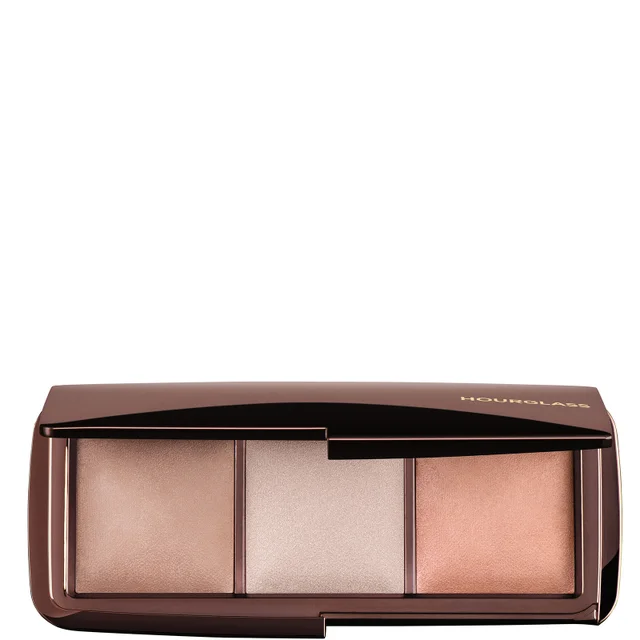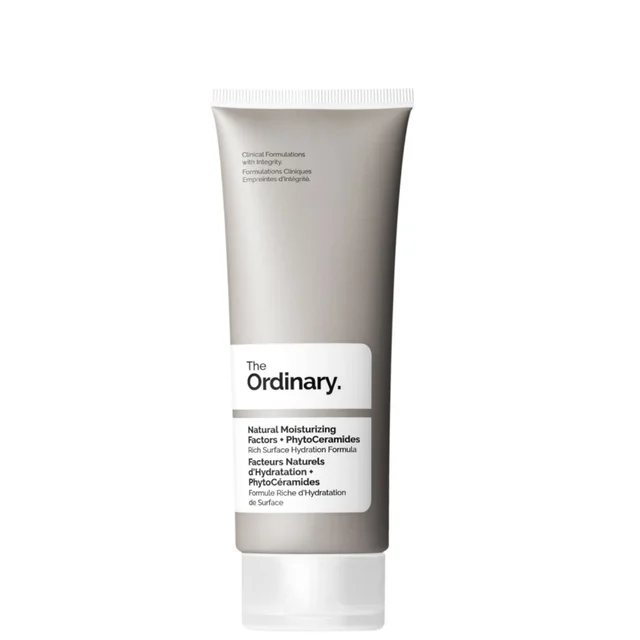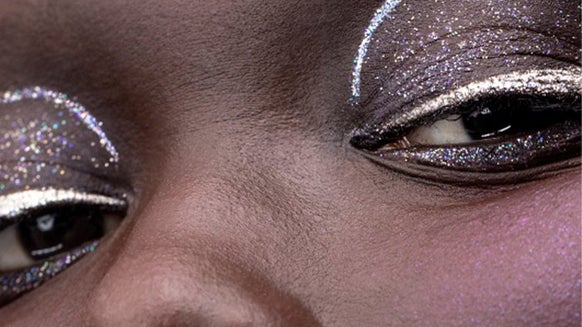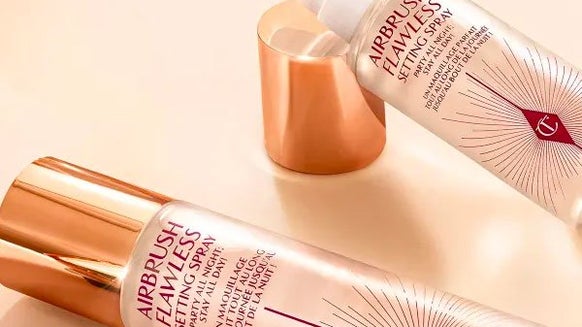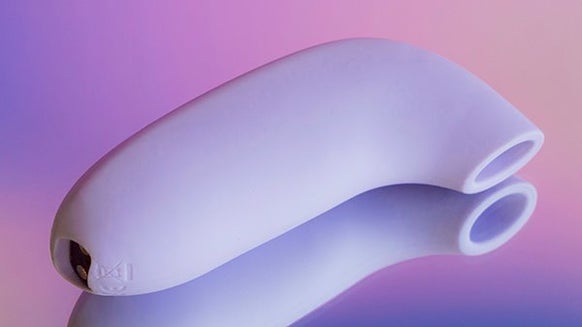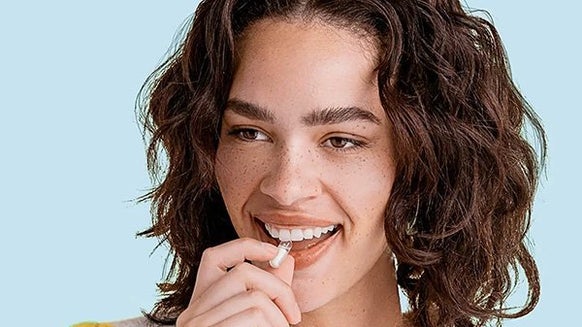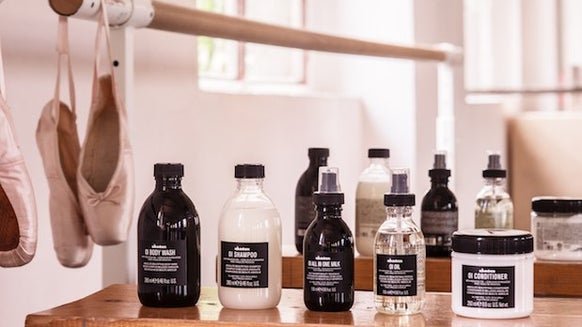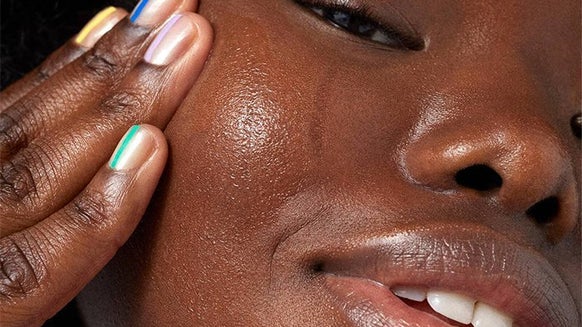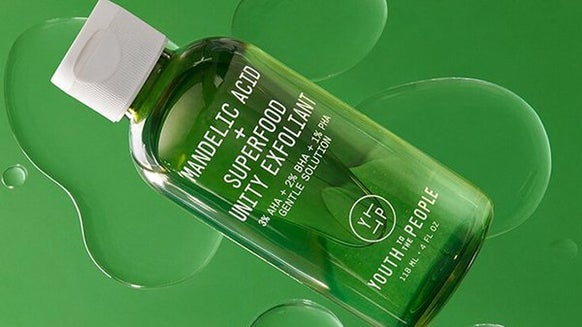Meet The Founder: Jessi Baker, CEO and Founder of Provenance
Empowering brands to take steps towards greater transparency, Provenance (www.provenance.org) cuts through the ‘noise’ to establish the facts and in turn, help consumers to find the right products for them. With their coveted Proof Points — a series of benchmarks that prove a brand’s claims — this ground-breaking platform is changing the industry landscape; joining the dots and then checking the boxes to ensure that YOU are equipped with the info you care about. The ultimate fit for Cult Beauty (honesty is at the heart of our philosophy) we caught up with Provenance's founder, Jessi Baker, about transparency, sustainability and the future of the beauty space...
{Jessi Baker} Provenance was borne out of personal frustration about the lack of information available about the things we buy. I want to buy products from brands that match my values, those making robust efforts to better the environment and society. It started as an evening and weekend project alongside my Ph.D. in Computer Science at UCL and then in 2016, I decided to work on Provenance full-time.
Our approach is to enable brands and retailers to bring transparency with integrity to the point of sale, similar to what Trustpilot has done for consumer reviews, we aspire to enable you to easily understand and trust key product information wherever you shop.
{JB} Transparency on the efficacy, quality, sourcing and impact behind products is being demanded more and more by shoppers — in a format they can trust. This poses a brand new challenge for brands looking to meet this demand, and grow in their approach to integrity.
Many of their challenges with becoming transparent are the same that we see across food, drink and fashion, where Provenance has built a huge bank of knowledge working with brands. Many things to prove require information from the supply chain behind your products. Supply chains are complicated – and even as a maker of a product, you’re often removed from the exact origin and impact behind the ingredients you source.
However, transparency is a journey. Much of it is about internal understanding and then being ahead and ready to prove things publically as demand ramps.
There’s also already a lot of dubious claims that have given the beauty industry a bad rep. Which means opening up with integrity gives you an instant differentiator. Even for brands who could be scared to open up as they’ll risk losing credibility, it’s important to start the process internally to be ready for increasing requirements from customers, regulators and shareholders.
{JB} Sustainability is more important than ever! The reality is that efficacy and value are no longer enough to win over shoppers. Our research found that 9/10 shoppers believe sustainability and other ethics-related considerations are important, and that trend isn’t going anywhere.
The demand for sustainability means brand marketing tactics can accidentally lead to greenwashing — an issue that shoppers are aware of. Almost 80% of beauty shoppers have doubts about whether to trust the industry's sustainability claims and less than 25% strongly agree that brands are transparent about the environmental and social impact of their products.
{JB} We released a new 'LGBTQIA+ Led Business' Proof Point with the goal of helping shoppers identify and support more diverse brands. This is part of our ongoing work to highlight businesses with leadership in minority groups, such as Female, Black or Persons of Colour.
The significant barriers LGBTQIA+ people continue to face in public life, including in work are well documented. In the UK, Stonewall’s 2018 ‘LGBT in Britain - Work Report’ found more than a third of the LGBT workers surveyed had hidden that they are LGBT at work for fear of discrimination. In light of this, we wanted to create a Proof Point in our framework that champions LGBTQIA+ brands and encourages shoppers to support the companies that align with their values. Visibility is essential for overcoming discrimination.
{CB} We’re also increasingly climate conscious and, with the beauty industry contributing a huge amount of waste, brands and consumers are looking for ways to reduce their environmental impact. Have you seen any new trends emerging in the sustainability sphere — and what do you think the next ‘eco initiative’ might be?
{JB} It’s been exciting to see several new sustainability initiatives gaining traction, from wasteless products and solid formats to multi-use products designed to streamline the number of items needed to be purchased. Great for your pocket, travelling and the planet.
Next, I think shoppers will start to make the connection between climate and organic — a missing link that has meant organic hasn’t been as en vogue as carbon claims recently. The Soil Association’s most recent Organic Market Report shared that the UK organic market has grown by 1.6% even in these difficult times. Natural and organic products still have to work hard to sell their benefits for health, but also in how they protect the climate, but I believe this will resonate with shoppers. Brands will need to be more transparent on the work they are doing and ensure those benefits are accessible to shoppers through retail, social and wherever else they are shopping — so the link between organic and carbon is clear.
{CB} Provenance is also growing more and more sophisticated — can you talk us through (in layperson’s terms), the latest tech developments and how they’re equipping consumers to make even more informed choices?
{JB} Provenance’s technology has meant that you can fundamentally trust the claims we power. We invested heavily in our dedication to integrity by using blockchain tech to secure every claim in a permanent, auditable format. We know every shopper won’t inspect everything, but knowing you can means Provenance is a sign of trust.
What might be less visible is the work we’re doing internally — making significant investments in data infrastructure and machine learning to make our platform easier for brands to use. From pre-populated claims and certifications to greater capabilities to scale both our coverage (more brands, products, vertical industries, and geographies) and depth (ingredient-level verification), we’re fuelling the industry’s first Knowledge Graph, enabling Provenance to offer shoppers industry-leading decision-making capabilities built on unrivalled, data-driven insights. Basically, we are making shopping much smarter, for the good of people and the planet!
{JB} We’re always working closely with Cult Beauty and looking to innovate together. Currently we’re exploring more ways to bring sustainability into the full journey for shoppers: before, during and after selecting a product to buy. We’re looking at empowering shoppers to earn rewards for more sustainable swaps, discover brands with similar values, and equip buyers, so Cult has sustainability front and centre when assessing new brands to join the community.
Longer-term, and as more and more brands join in, we’ll also look to continue to elevate Cult Conscious with some minimum claims that products must meet to be part of the edit. As more sustainability criteria become the baseline, Cult Conscious will always be there to help beauty shoppers discover the brands and products that go beyond.
{JB} 41% of beauty shoppers surveyed by The Pull Agency in 2022 said that greenwashing was now noticeable in the industry. Brands are rushing to make sustainability claims but often making simple mistakes that can land them in hot water with regulation bodies. In a nutshell, to minimise the risk of greenwash, brands need to:
Prove any claims with clear, relevant evidence;
Use shopper-friendly, specific language that helps customers understand their efforts, and;
Avoid self-accreditation by talking to experts and using recognised industry certifications wherever possible.
The easiest way is to work with Provenance. We are a tool for every brand who wants to make sustainability claims without greenwash!
{CB} And now that there is greater UK governmental guidance surrounding ‘green’ claims, how has the Green Claims Code impacted transparency?
{JB} There’s been a domino effect of governing bodies in further countries adopting regulations that mirror the Green Claims Code. The EU Circular Economy Action Plan sets the agenda for the consumer side of the EU Green Deal, while the EU Unfair Commercial Practices Directive (UCPD) Greenwash Update has come into effect more recently. Over in the US, the Federal Trade Commission (FTC) is releasing the first update to their Green Guides in 10 years.
As more and more brands come under fire for greenwashing, it’s clear that there’s a higher reward in genuine, verified impact claims and credentials.
{JB} Do I really need it? Do I already have something that can do this job? The most sustainable thing is the one I already own.
Is it minimising waste e.g. widely recyclable packaging - in beauty, packaging is generally quite a large % of the impact
Is the product made in way that aligns with my values? I search for diversity (female/black/LGBTQIA+ led) in company leadership and organic certifications e.g. COSMOS (amongst many other things - remember, I’m a sustainability geek!)
FIND OUT MORE >>

